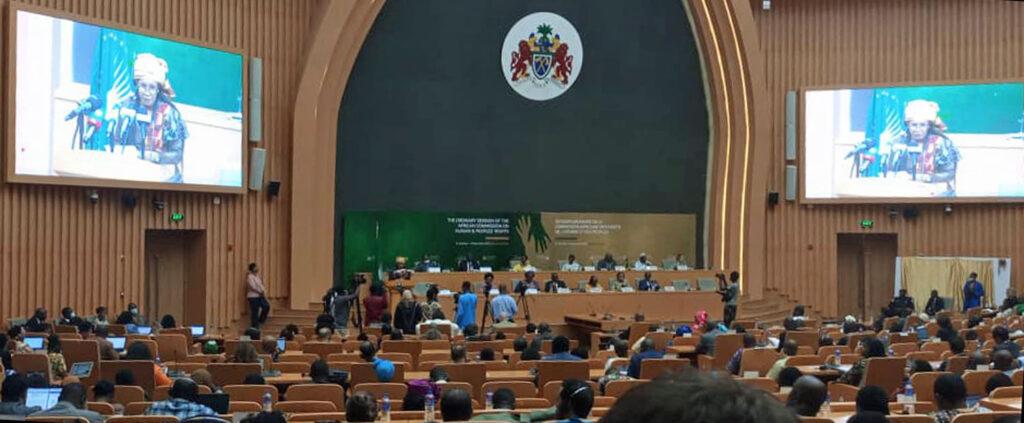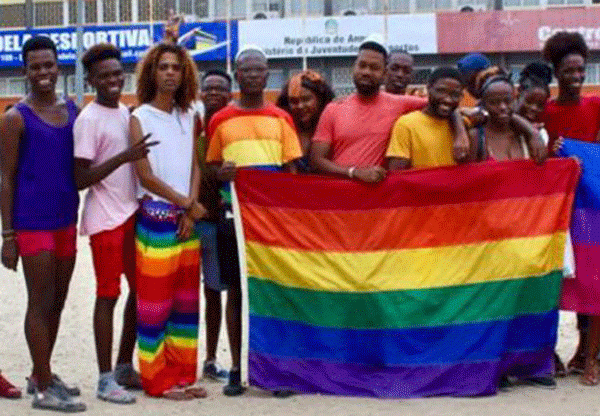Analysis: Stiff challenges hinder attempts to decriminalize homosexuality in Africa
LGBTQ rights activist and journalist in Cameroon.
Prejudice, political pressures and religious rhetoric protect anti-LGBTQ laws

COMMENTARY
By Jean Jacques DISSOKE
Africa faces many socio-cultural, political and religious challenges when it comes to decriminalizing homosexuality. Despite the progress made in some parts of the world in recognizing LGBTQ+ rights, many African countries still maintain harsh laws that criminalize same-sex relationships. This situation has serious consequences for LGBTQ+ individuals in Africa, who face stigmatization, violence and discrimination on a daily basis. In this article, we will examine the major challenges to the decriminalization of homosexuality in Africa and the obstacles that stand in the way of the recognition of LGBTQ+ rights on the continent.
1. Prejudice and social norms
Deep-rooted prejudice and conservative social norms play a major role in perpetuating the criminalization of homosexuality in Africa. In many African societies, homosexuality is considered contrary to traditional cultural and religious values, making it difficult to change existing laws. Fear of otherness and lack of awareness of LGBTQ+ issues help to maintain hostile attitudes towards LGBTQ+ people and fuel discrimination.
2. Religious pressures
Religious institutions often play a central role in perpetuating the stigma of homosexuality in Africa. In many countries, influential religious leaders strongly condemn homosexuality and use their moral authority to promote strict laws against same-sex relationships. Homophobic rhetoric and literal interpretations of religious texts help to reinforce negative attitudes towards LGBTQ+ people and justify the persecution of sexual minorities.

3. Repressive legislation
Most African countries have laws criminalizing homosexuality, often inherited from colonial times. These laws, which generally criminalize same-sex sexual acts, are often used to justify discrimination and repression against LGBTQ+ individuals. Penalties for those convicted of homosexuality range from imprisonment to the death penalty, creating a climate of fear and oppression for LGBTQ+ people in Africa.
4. Lack of political support:
In many African countries, politicians are reluctant to publicly support the decriminalization of homosexuality due to social and political pressures. Political leaders often fear losing the support of conservative voters by taking pro-LGBTQ+ rights positions. As a result, the decriminalization of homosexuality is often relegated to the background, despite calls from the international community for reform of discriminatory laws.
5. Violence and discrimination
LGBTQ+ individuals in Africa face alarming levels of violence and discrimination because of their sexual orientation or gender identity. Physical attacks, arbitrary arrests, sexual assaults and acts of harassment are commonplace for many LGBTQ+ people in Africa. This violence and discrimination exacerbates the difficulties faced by LGBTQ+ people and makes the fight for their rights even more difficult.

Conclusion
Tthe decriminalization of homosexuality in Africa faces many complex challenges, from deep-rooted social prejudices to political and religious pressures. To move towards a more inclusive society that respects the rights of all its citizens, it is essential to raise awareness and educate on LGBTQ+ issues, fight stigma and discrimination, and promote legislative reforms to protect the rights of the continent’s LGBTQ+ citizens.




